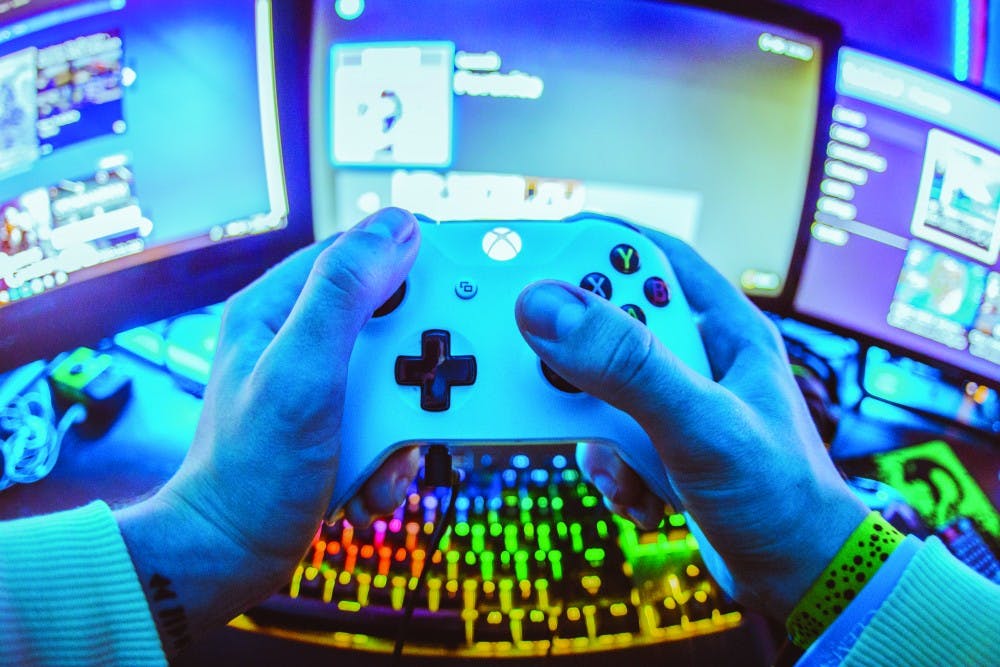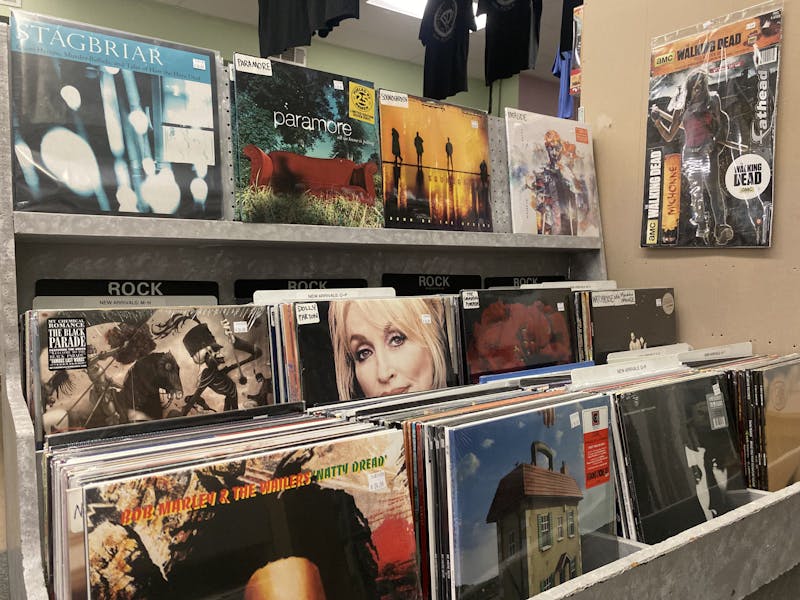“You have games that are designed to be beautiful, designed to engage you. And when that’s available, why go outside? Why interact with people? Why do anything when you can just sit back and enjoy a world custom-tailored just to be a pleasant experience for you?”
Third-year psychology and education student Tim Kasper is a gamer. A member of on-campus gaming club, Gamecock E-sports, Kasper is amongst the ever-increasing population of gamers at USC, a reflection of the rising popularity of video games.
This popularity also comes with more research on video game-related mental health issues: In June, the World Health Organization included gaming disorder in the International Classification of Disease. Like most other disorders on the Iist, gaming disorder is primarily defined by its interference in an individual’s daily life.
Kasper has witnessed just what sort of impact excessive gaming can have. For him, the affected individual was a close friend.
“He definitely fell really deeply into addiction,” Kasper said. “He became a top three [player] in this game he was playing. It was literally all he would do all day, every day, non-stop. It got so bad that his parents sent him to rehab.”
Kasper and his friend met in high school and quickly became close. For the following years, Kasper’s friend was always one of the more outgoing members of their social circle.
“The biggest tell most of us overlooked was how he was slowly withdrawing from people as a whole," Kasper said.
While grinding long hours and devoting days to games is not an uncommon practice in the gaming community, doing so to such an extent is a rare occurrence.
“Some research says zero percent of the population, other research says 14 percent,” Professor Angela Nadeau, a licensed clinical professional counselor and current instructor at USC, said. Nadeau has over 20 years of combined clinical and teaching experience. “Most people agree it is one percent of the population – very small – that meet the criteria for [gaming disorder].”
And the gaming disorder that plagues that one percent of the population isn’t substance-based – it’s behavior-based. It’s not the games themselves, but the habits that are based around them.
“In gambling, there’s no substance,” Nadeau said. “Gambling’s a great example because it’s similar to gaming, where you get these rewards that are intermittently given to you, and you want to go back and get them.”
Is it going to happen? What am I going to hit? Is it going to be today?
Through such behaviors, dopamine pathways are activated and keep players hooked. Both gaming and gambling give players a sense of accomplishment, something Kasper’s friend realized when he went through rehabilitation for his addiction.
“He would feel super anxious [when] not playing, which is scary to think about,” Kasper said. “Like there was nothing to do without it; he just felt hollow.”
Post-rehabilitation, Kasper’s friend didn’t avoid video games. He simply learned to manage his play time.
“Games are so prevalent,” Nadeau said. “If you go to a bus stop, there’s going to be someone playing a game. They’re not bad, but if someone just can’t stop [playing], then it can be bad because it interferes in ways that would not allow them to grow.”
For the player in question, though, it may be difficult to see the toll excessive gaming can take. In these cases, Nadeau encourages those around an individual to speak up, but to listen as well.
“Listen to that person, express concern, and then [be] quiet and listen,” Nadeau said.
And for the gamers that find that they can’t get by without their regular dosage of screen time, Kasper’s words of advice:
“Games can’t substitute life. It can never be the same as going out and experiencing life yourself. It sucks, but it’s the truth and when it comes to addiction, there’s no shame in it. Get help."
If you or someone else you know is experiencing symptoms of what may be a gaming disorder, please seek help through Student Health Services. Schedule an appointment at (803) 777-5223, or at sc.edu/myhealthspace.



